Liverpool assistant manager Pepijn Lijnders has explained how Jurgen Klopp and his staff focus on “the 30 percent” to ensure the “organised chaos” they thrive upon.
Lijnders has become an increasingly key presence at Liverpool, particularly since his return from a brief managerial role with NEC Nijmegen in 2018, with the Dutchman’s imprint on training sessions vital.
Klopp’s assistant typically formulates and leads training, aided by the input of the manager and the likes of Andreas Kornmayer and Vitor Matos, with his voice heard booming around Kirkby.
And Lijnders speaks with the intelligence of a rare tactical mind, which ensures that every interview is worth engaging with, as was the case with the latest Big Interview with Graham Hunter.
Focusing on Liverpool’s counter-pressing approach, Lijnders outlined why the 30 percent of possession which the opposition typically claims is more important to the Reds than the 70 percent they often enjoy themselves.
“We always say the 30 percent when we don’t have the ball, there’s where we want to be different than all the other teams in the league,” Klopp’s No. 2 explained.
“We don’t say that we want to have 70 percent of the ball, we say when we don’t have the ball, there’s where we want to be different. That’s our fingerprint, that’s our way.
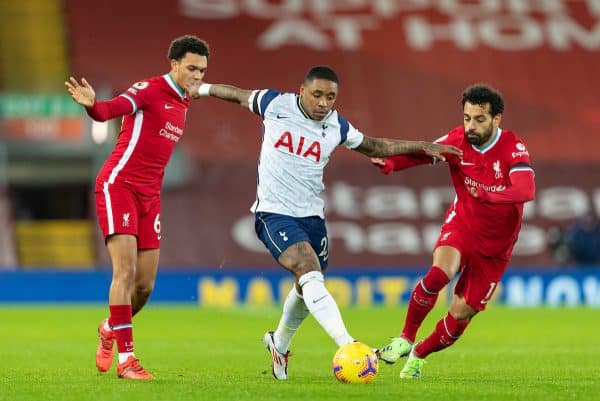
“Because we believe if, in this 30 percent where we don’t have the ball, we dominate that moment – if it’s counter-pressing, if it’s pressing, if it’s a goal-kick, if it’s a throw-in, whatever – it gives us the freedom to bring back our love, to bring back our passion.
“To outplay, to take risks, to overlap, to cross, to finish, to have freedom in our attack.
“The only way we can have freedom in attack is knowing that when we lose the ball we can recover it quickly, and I think the main reason why it is decisive and why we could keep it up for long periods is that focus on the 30 percent.
“In training, constantly, in our meetings, constantly, that was where we wanted to improve.
“But as I said before, the better you attack, the more you have the ball and the more you are connected and the more you have players closer to each other, the better you counter-press, so the less you run.
“The better your positional game is, the less hectic moments you see.
“People say ‘Liverpool changed style’. No, we didn’t change style; we have a more compact team, we are better positioned when we have the ball so there are less hectic moments, so they see the less hectic moments.
“That is where our focus lies as a staff, in each meeting, in each training session: create this high-intensity tactical culture of counter-press football and improve our way.”
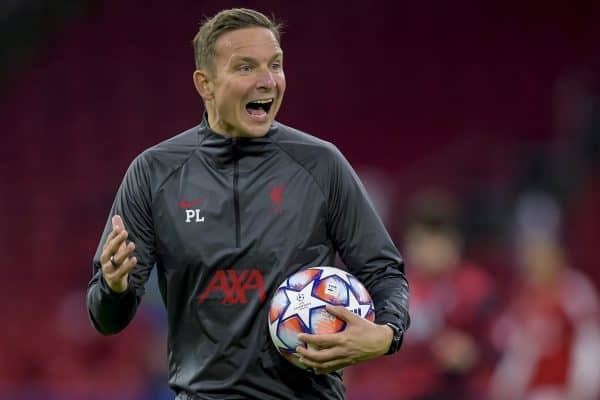
Lijnders revealed how “we call it ‘organised pressing’, ‘organised counter-press’, ‘organised chaos’,” and crucial to that is how Liverpool’s “positional game in the last years has improved so much.”
Effectively, the better-drilled Klopp’s squad are in terms of where they are required to be in every moment, the better-placed they are to capitalise on opposition mistakes – whether forced or unforced.
“Many times after this counter-press moment, the world is open basically,” Lijnders added.
“So you want to use this immediate moment to try to create, because there’s a little bit more space and a little bit more chaos, and you want to use that.”
To do so, Klopp requires a certain character, which is why the manager is so keen to speak to each prospective signing personally before sanctioning their arrival, and why Liverpool can be seen as reluctant at times in the transfer market.
“It has to come from the stomach. You cannot have one second of disappointment losing the ball,” Lijnders continued.
“It’s always the next situation, it’s like an invitation to create a new situation to win the ball and to use it.
“You can only stimulate it in certain exercises, you can only stimulate it when the players really believe in it.
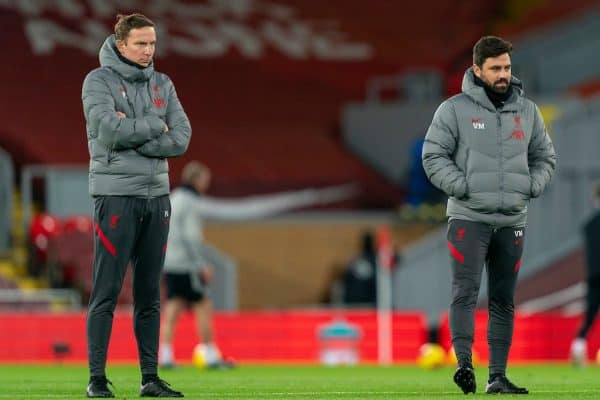
“If all the exercises are based on what we do about the better you play, the more you play [and on how] if you don’t counter-press well the more you have to defend, then it becomes like a natural skill of the players.
“We really believe they have to be with the whole body in the training session; not only the legs, not only the heart, not only the lungs – the whole.
“We want this high level of concentration, specific concentration, and this creates this intensity everybody sees in our game.
“That’s what Jurgen asks for from us each day.”

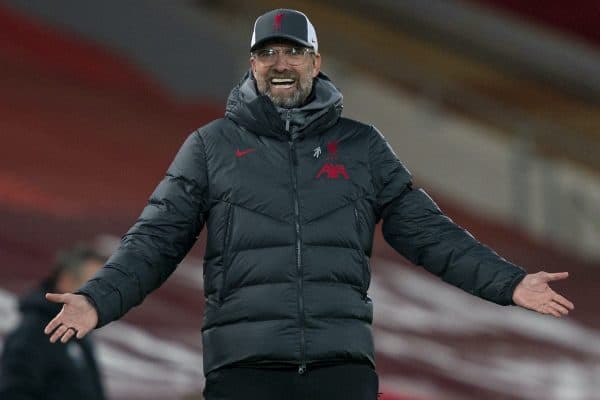


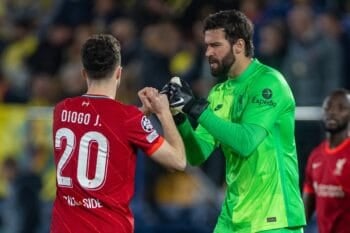

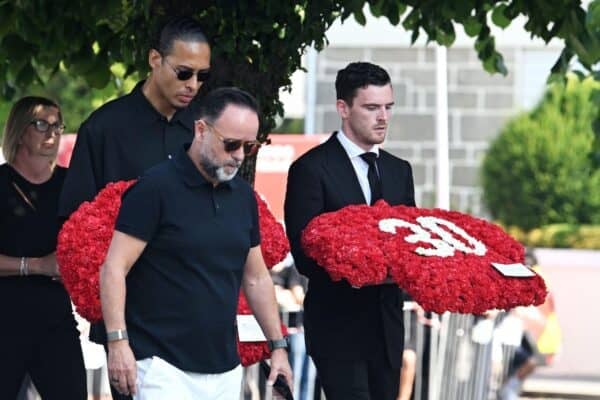
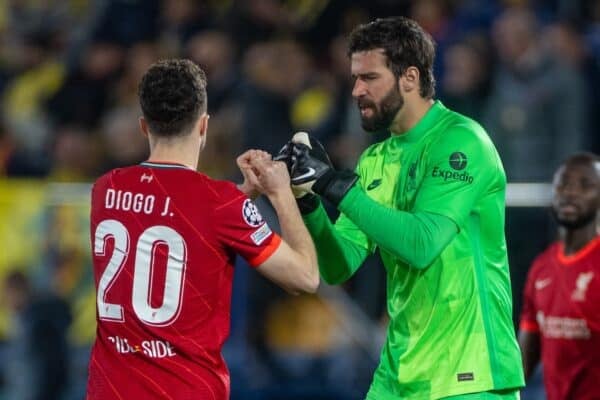
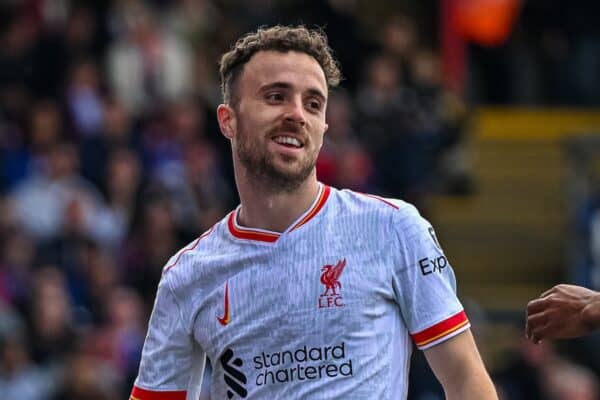
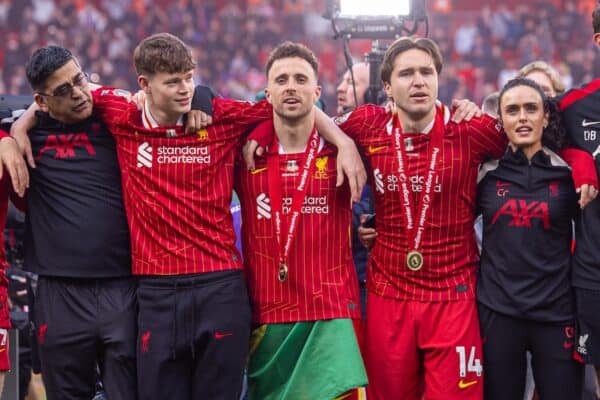

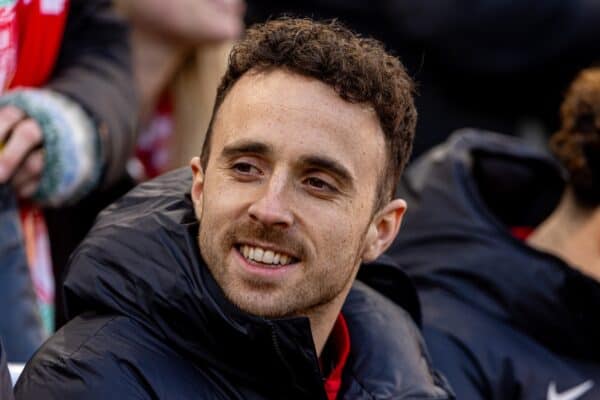
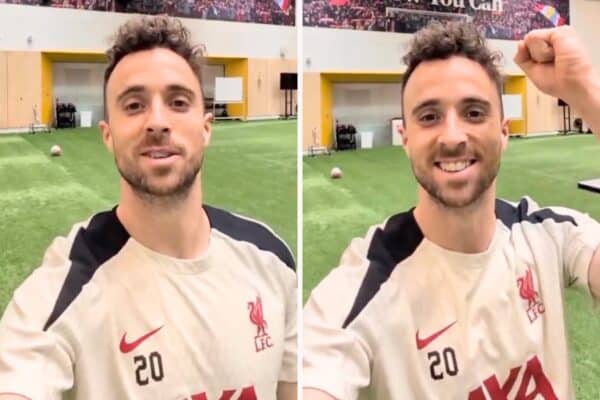
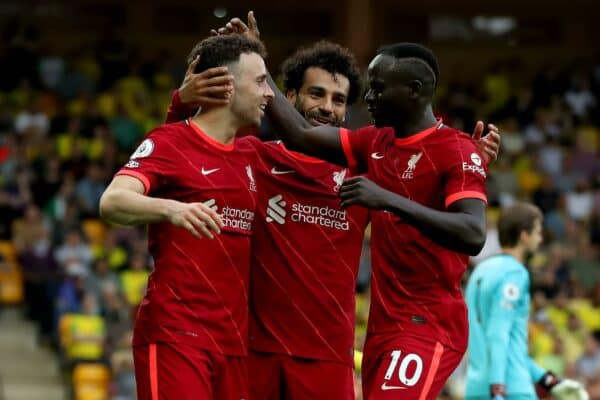



Fan Comments